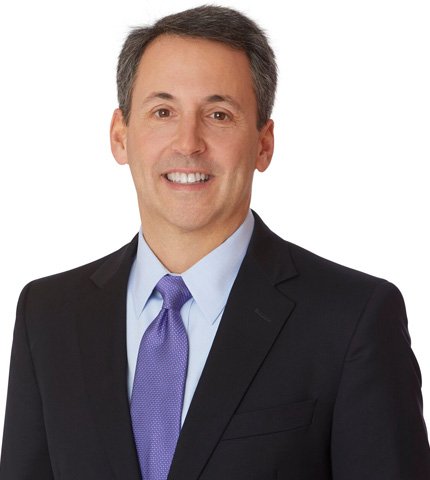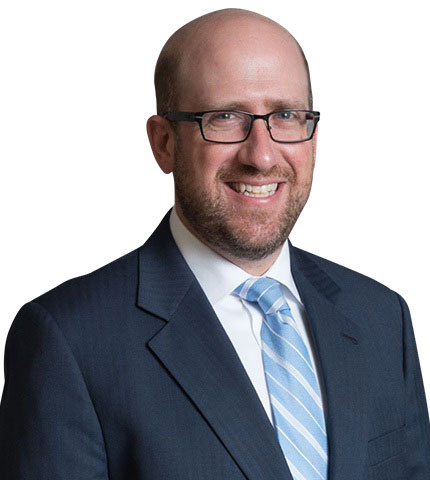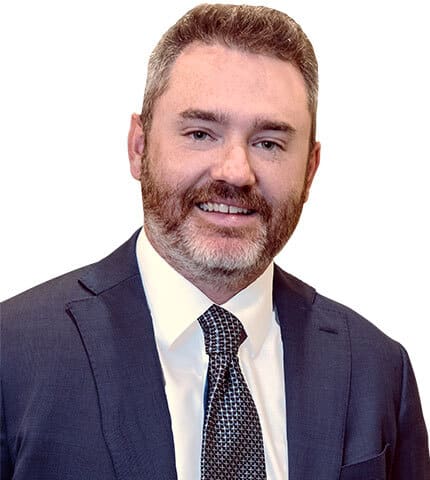What Is Plastic Surgery Malpractice?
Plastic surgery can be a life-changing decision, but when something goes wrong, the effects can be devastating. If you or a loved one has been harmed due to negligence during cosmetic surgery, you may have legal options. Our legal team at Denlea & Carton is here to help.
Cosmetic surgery patients place their trust in surgeons to deliver safe and professional care. When this trust is broken by negligence, and the performance of the surgeon falls below the standard of care expected in the medical field, it can be classified as malpractice. To pursue a malpractice claim, it must be proven that the surgeon was negligent and breached their duty of care, which directly resulted in harm to the patient.
Common Types of Plastic Surgery Malpractice
Plastic surgery malpractice comes in many forms, and understanding the common causes can help you identify whether you’ve been a victim of negligence. These include:
- Unqualified medical professionals: Non-plastic surgeons or surgeons without the proper training performing cosmetic procedures.
- Improper use of anesthetics: Using nurse anesthetists instead of anesthesiologists to cut costs, leading to complications.
- Unsafe surgery settings: Performing lengthy and complex procedures in private offices that lack hospital-grade facilities to address emergencies.
- Failure to review patient history: Neglecting to consider critical factors such as pre-existing medical conditions, medications, or allergies.
- Exceeding informed consent: Carrying out procedures that go beyond what the patient authorized.
- Wrong site surgeries: Operating on the wrong part of the body.
- Negligent drug administration: Errors in administering or injecting drugs.
- Surgical complications: Failing to manage complications related to anesthesia or surgical techniques.
- Lack of qualification: Surgeons operating without a valid medical license or adequate experience in performing the procedures.
These actions can result in severe injuries, disfigurement, infections, or even death—potentially leaving victims with emotional and financial burdens.
Signs You May Have Been a Victim of Plastic Surgery Negligence
If you’ve undergone plastic surgery and experienced unexpected complications, here are some key questions to ask yourself:
- Did your doctor have a professional duty to care for you during the surgery?
- Was this duty breached due to negligent actions or omissions?
- Did you sustain an injury or suffer harm during or after the procedure?
- Can this injury be directly linked to the doctor’s negligence?
If the answer to these questions is “yes,” you may have a case for plastic surgery malpractice. Documenting these details is important as it forms the basis of your claim.
Your Legal Rights After a Botched Plastic Surgery
Victims of plastic surgery malpractice have the right to hold negligent medical professionals accountable. Pursuing personal injury claims can help you recover damages and secure compensation for your losses. These cases are often complex, requiring medical records, expert testimony, and a strong legal advocate to argue your claim effectively.
How Our New York Plastic Surgery Malpractice Attorneys Can Help
At Denlea & Carton, our skilled malpractice lawyers understand the intricacies of these cases. Whether it’s gathering evidence, consulting with medical experts, or managing negotiations with insurance companies, we handle the details so you can focus on recovery. Our team is committed to providing compassionate, strategic, and effective representation for victims of cosmetic surgery negligence.
Compensation for Plastic Surgery Malpractice Victims
If you’ve suffered harm due to a botched surgery, you may be entitled to compensation for:
- Medical expenses: Costs of corrective surgeries, hospital stays, and ongoing treatment.
- Lost wages: Missed work or reduced earning capacity.
- Pain and suffering: Emotional distress or psychological trauma caused by the incident.
- Wrongful death: If a loved one died due to surgical malpractice, compensation for funeral expenses and loss of financial support may be available.
Our attorneys work tirelessly to ensure you receive the compensation you deserve.
Why Choose Denlea & Carton for Your Plastic Surgery Malpractice Case?
Choosing the right legal team can make all the difference in the outcome of your case. At Denlea & Carton, we offer:
- Experience: Years of experience in handling complex medical malpractice cases.
- Reputation: A track record of success and client satisfaction in New York.
- Client-focused service: Personalized attention and a commitment to securing justice for our clients.
Contact a New York Plastic Surgery Malpractice Lawyer Today
If you believe you’re a victim of plastic surgery malpractice, take the first step toward justice. Contact our experienced attorneys at Denlea & Carton to discuss your case in a free, confidential consultation. We are ready to fight for your rights and help you rebuild your life after a traumatic experience.
Plastic Surgery FAQs
What is the difference between a bad outcome and malpractice?
Not every unsatisfactory result is malpractice. To constitute medical malpractice, a surgeon must have deviated from the standard of care, leading to harm. For example, an unexpected complication that arises despite proper care might not qualify as malpractice.
How do I prove my surgeon was negligent?
Evidence such as medical records, photographs, expert opinions, and witness testimony can help establish that negligence occurred. Consult a qualified attorney to evaluate your case.
How long do I have to file a claim in New York?
The statute of limitations for medical malpractice in New York is typically two and a half years from the date of the injury. Specific circumstances may alter this timeline, so it’s important to act quickly.
What evidence will I need?
You’ll need medical records, proof of injuries, documentation of financial damages, and testimony from medical experts who can confirm negligence.
Will I need to testify in court?
While many cases are resolved through settlements, some go to trial. If your case reaches court, your attorney will prepare you for testimony to ensure your side of the story is heard clearly and effectively.


























